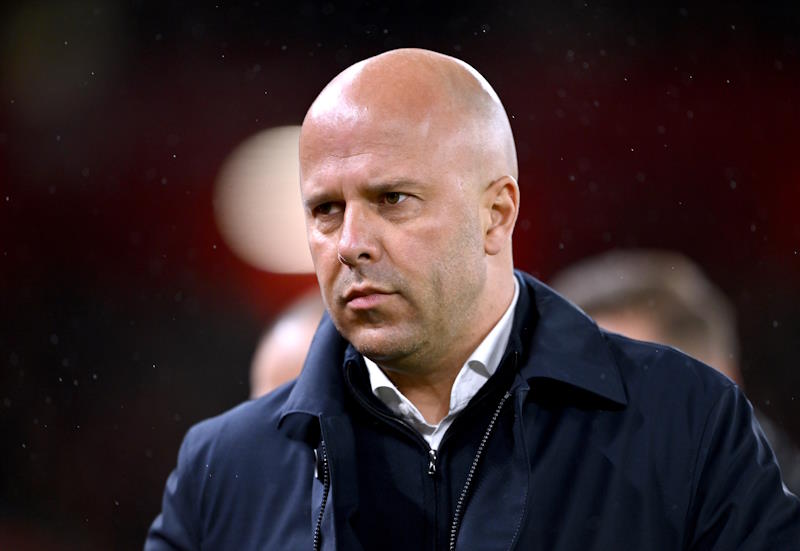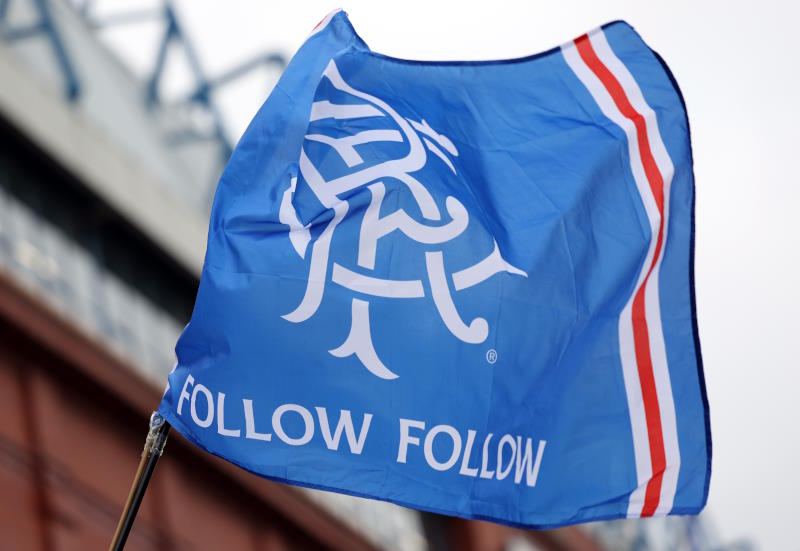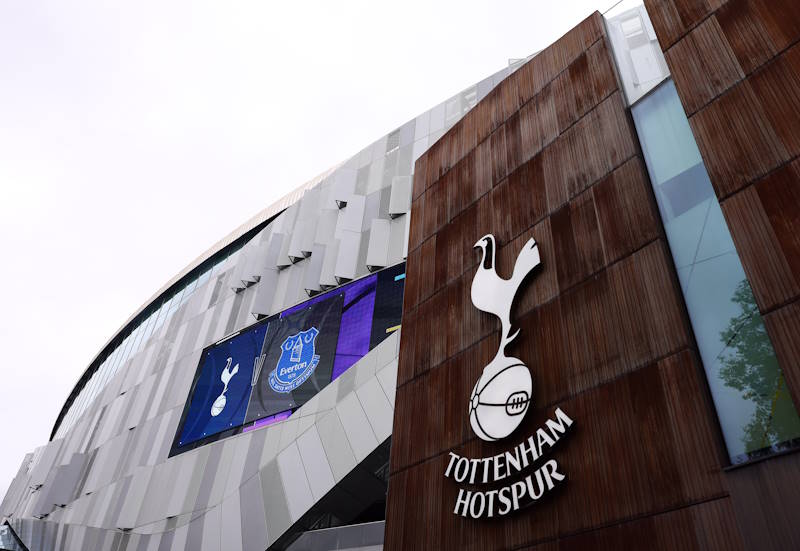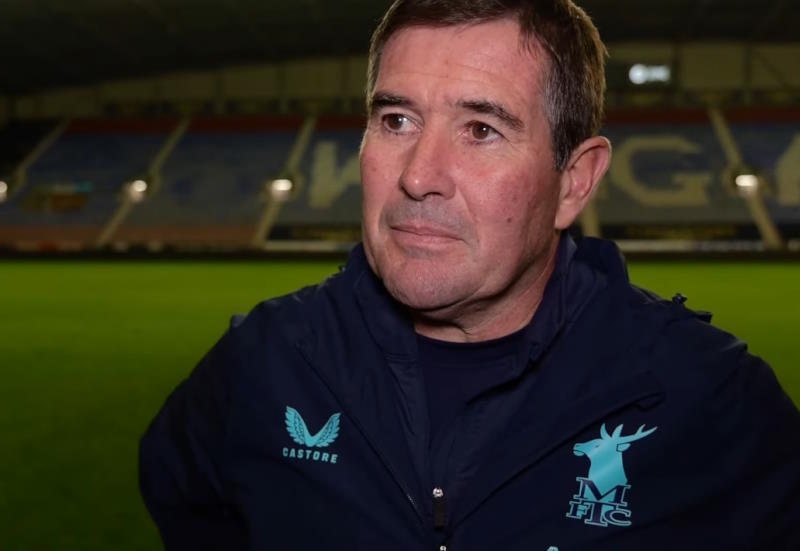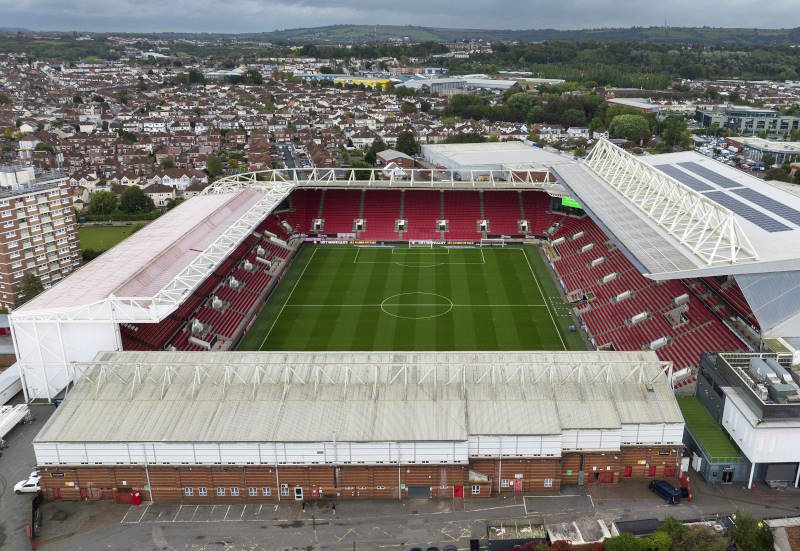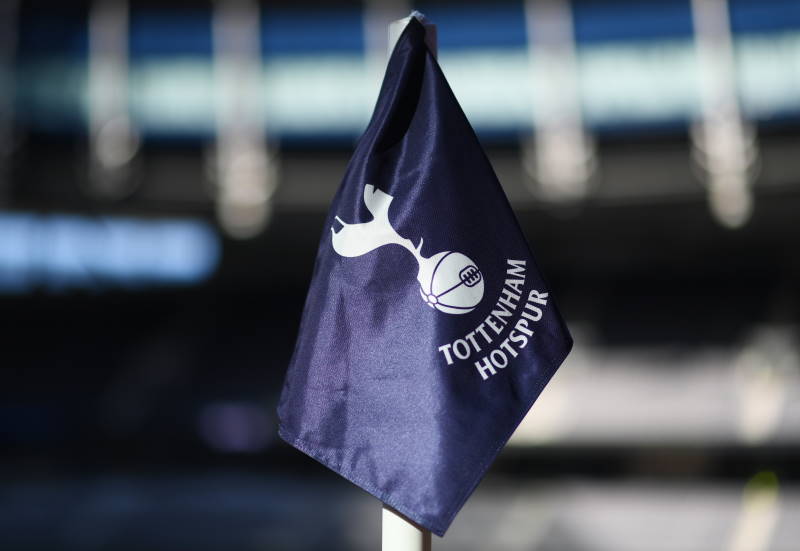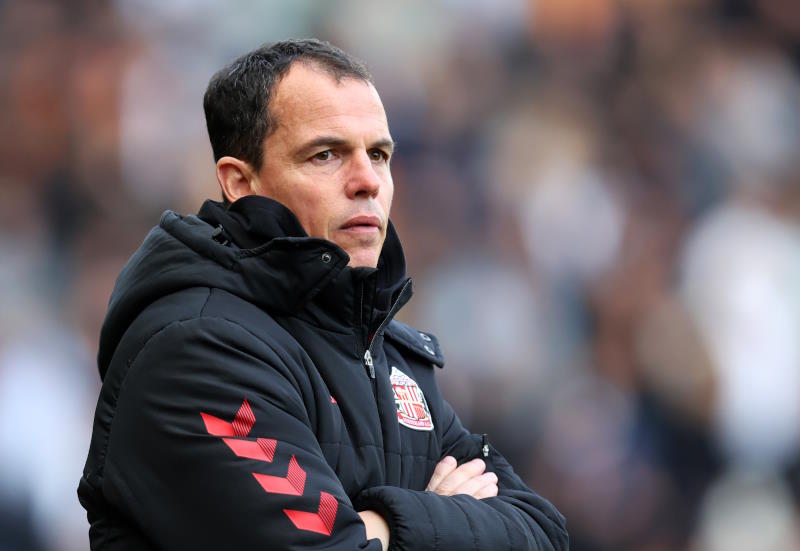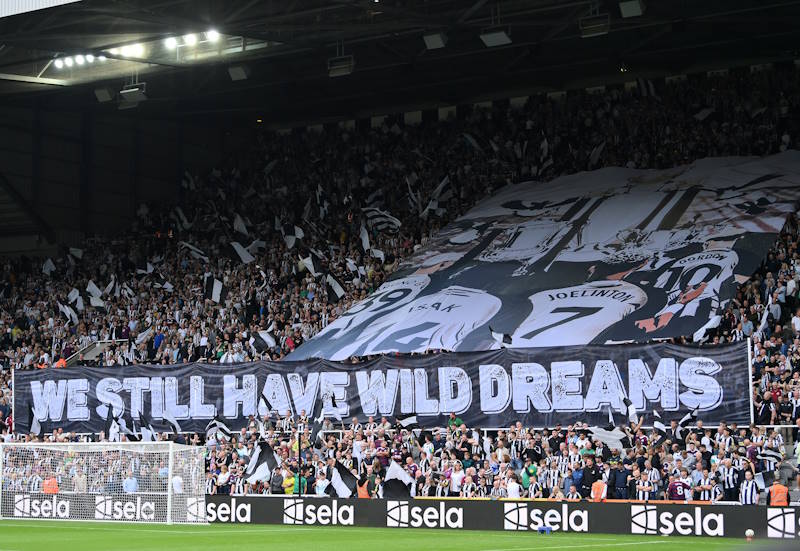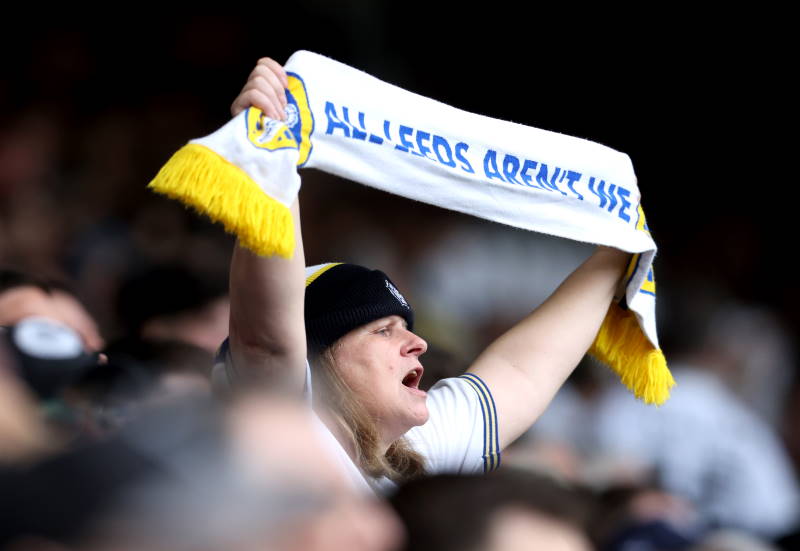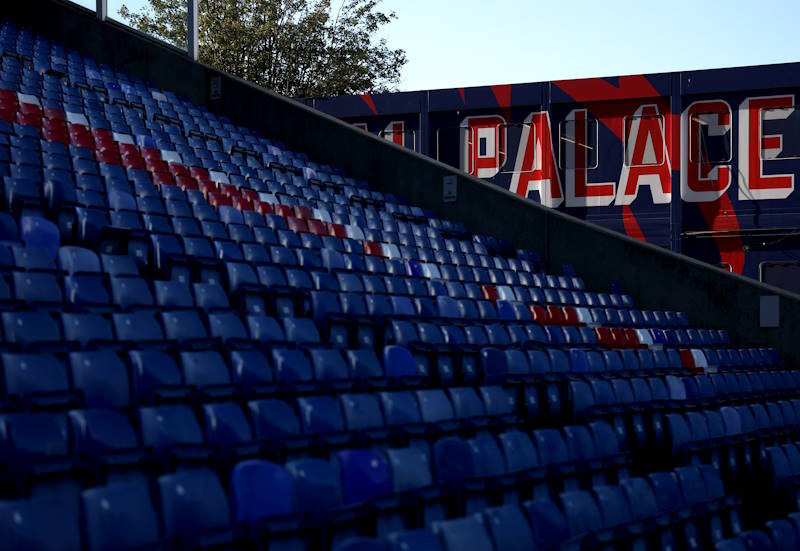
When Ricardo Caruso Lombardi announced his resignation as coach of Racing Club de Avellaneda the usual names cropped up as potential replacements. Miguel Angel Russo, Jose Pekerman, Edgardo Bauza, Neri Pumpido and Claudio Vivas were all thought to be in contention. But following two games under the temporary charge of Juan Barbas, Racing pulled a rabbit out of the hat by announcing that 1990 World Cup winner Lothar Matthäus would be taking over at El Cilindro.
The news was a surprise on two fronts. Why would a man with such a distinguished reputation as a player want to trek halfway across the world to take up a post at a club struggling at the bottom of the Argentine league? And why would Racing be interested in obtaining the services of a coach whose track record, both in results on the field and loyalty off it, leaves much to be desired?
On Matthäus’ part the reasoning is simple; no other club would have him.
The inflated ego that drove him to such success as a player has not fared him so well as a coach. His reigns at almost all of the clubs that have employed him thus far have ended in acrimonious circumstances, most notably at Atletico Paranaense of Brazil. There, he left the club in the lurch to return to Europe on “urgent business” from which he never returned, faxing through his resignation two weeks later.
It is this, along with little success on the field, that has necessitated his globe trotting in search of clubs enamoured by his star name quality. Supporters in Austria, Serbia, Hungary, Brazil and Israel have all had the dubious pleasure of seeing Matthäus in the dugout, yet in his homeland of Germany no club will even consider him.
When Hertha Berlin sacked Lucien Favre following a dismal start to the Bundesliga season, Matthäus was asked by the Berliner Zeitung newspaper whether he would be interested in taking over. "Berlin is definitely great and I’ll wait to see what happens," he replied. Nothing happened. Hertha appointed Friedhelm Funkel having not so much as spoken to Matthäus.
Not be deterred, he continued to put himself forward for other jobs. A couple of weeks later his persistence paid off when Racing Club president Rodolfo Molina contacted him with a proposal to take charge of the struggling club. After a couple of days of talks, in which the Argentine press suggested Matthäus had requested an armoured car and bodyguards, amongst other luxuries, an agreement was reached for a one-year contract.
“Those requests were never made,” asserted Molina upon announcing Matthäus as Racing’s new coach. “On the contrary, he is not a stiff man. He’s open minded and knows very well what he is coming to. We offered him an upscale hotel to stay in on our initiative, not by his request. What did you expect, that we would make him stay in a hostel?”
Well quite. But questions will still be raised by those curious as to why Molina felt it necessary to bring in a man like Matthäus. “He is the coach Racing needed to make a leap in quality,” Molina told a doubtful press room. “This is a project to raise Racing’s profile in the world market.”
Traditionally one of the Argentina’s big five clubs, Racing’s last league title came in 2001. They have since struggled to live up to their past achievements and only narrowly avoided relegation to the second division at the end of this year’s Clausura. Financial difficulties have limited their ability to compete and Molina may feel that their international prestige needs a boost if they are to reap the maximum profit from the fruits of their famed youth system.
Such a view would appear to be misguided, however. While Racing have sold a number of emerging talents over the past few years for less than a player from Boca Juniors or River Plate, for instance, may have raised, the global economic downturn has limited the value of every player in Argentina. In the summer of 2008 Boca could have sold Rodrigo Palacio to Barcelona or Sevilla for €15M. When he joined Genoa this summer, his value had fallen to €4.9M.
That is the reality facing every club in Argentina and it is hard to see exactly how Matthäus’ arrival is going to change that for Racing. It is sure to guarantee some additional press coverage in the first few weeks of his reign – and following the inevitable break-up – but other than being a cheap publicity stunt, it is hard to see the logic behind his appointment.
Supporters and pundits alike are struggling to see the benefits and it is probably best left to former Racing vice-president Carlos Alvarez to summarise the majority feeling. “It seems a very risky move, a throw of the dice hoping for something magic. It could go well, but there is absolutely no sense to it.”
** Well, true to form Matthaus didn’t even make it to Argentina, let alone to the Racing dugout. Having ignored calls from Racing directors throughout the day, Matthaus sent a text message to the club just three hours before he was due to board a flight to Argentina, advising them that, thinking about it, he didn’t really fancy the job any more.
Racing have now resumed their search for a new coach, although with a lesson well learnt, one suspects they’ll be looking much closer to home this time around.
Related Articles:
- – Argentina, Brazil, Paraguay and Uruguay Head to South Africa
- – Should Brazil Ditch European League Model?
- – Roberto Carlos MK II: Dani Alves or Maicon?

